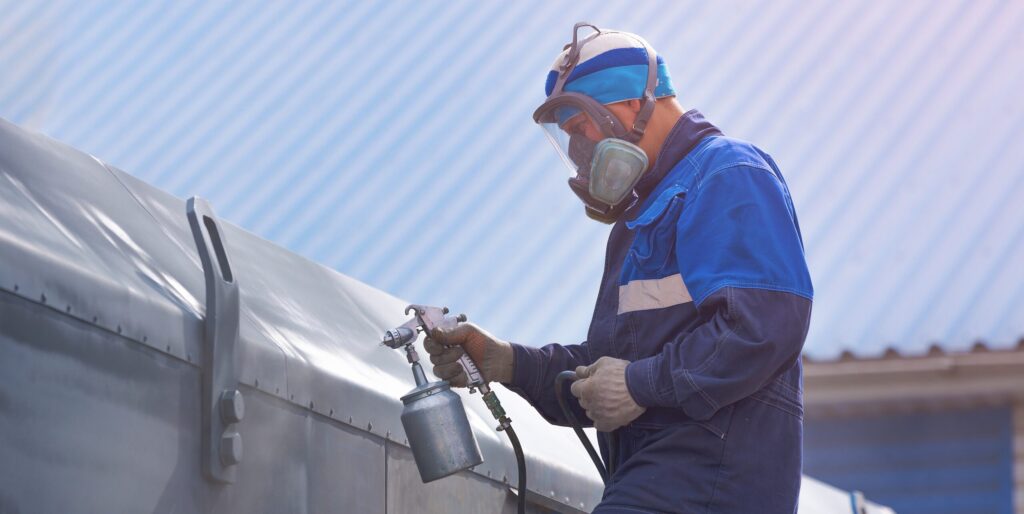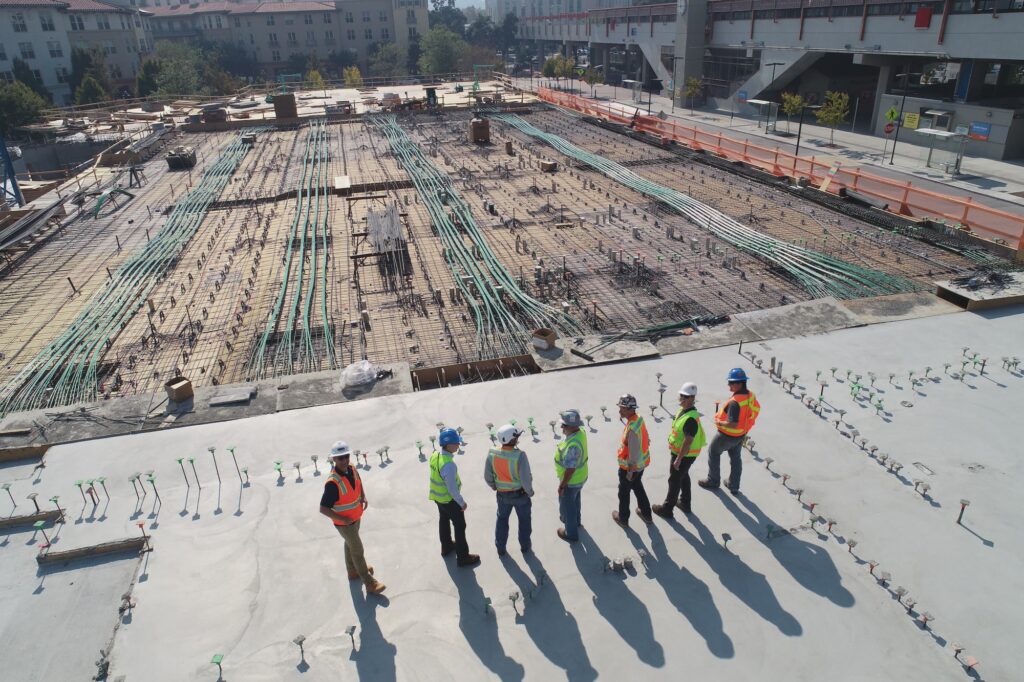Interested in Hearing More?
September 2025 | Washington, D.C.
On a recent episode of *Viewpoint Alabama*, Dan Glucksman, Senior Director of Policy at the International Safety Equipment Association (ISEA), spoke about the vital role of the National Institute for Occupational Safety and Health (NIOSH) and its Respirator Approval Program (RAP) in protecting workers.
“Respirators are probably the one type of personal protective equipment that is both approved by the federal government, and then their use in workplaces is regulated,” Glucksman explained. “NIOSH makes sure that respirators will work as intended and that the manufacturers of these respirators are up to snuff so that the millionth respirator is going to be the same quality as the one that was sent in for approval.”
Earlier this year, funding for NIOSH was cut, threatening the agency’s ability to keep up with testing and approvals. It is imperative that Congress provide robust funding for NIOSH’s National Personal Protective Technology Lab, where respirators are tested and approved. Otherwise, the agency’s critical work may stop.
“Because it’s so vital to a worker’s health and safety, NIOSH wants to make sure these devices are going to work as intended,” said Glucksman. “We work pretty hard to try to get the funding back so that staff at NIOSH could continue to approve these respirators.”
Without that oversight, counterfeit or substandard products could reach workers. “These days, it’s really easy to be fooled,” Glucksman warned, describing fake filters being sold online that mimic authentic brands but provide little or no protection. “Employers, especially their safety managers, need to be especially cautious about where they’re buying, and it’s best to stay inside the supply chain channel to know you’re getting authentic products.”
Why Alabama Was the Focus
Alabama plays a unique role in this national conversation. The state is home to Rep. Robert Aderholt (R-AL), who chairs the House committee responsible for funding NIOSH and OSHA. Rep. Dale Strong (R-AL) also sits on that committee, and Sen. Katie Britt (R-AL), who chairs the Senate Homeland Security Appropriations Subcommittee—giving Alabama a powerful voice in determining the future of programs like RAP.
As Glucksman explained on the program, recent workplace tragedies highlight why reliable, tested PPE matters.
“There’s a lot of things respirators can help mitigate,” he said, reflecting on the risks faced by storm response workers and construction crews across the state.
Learn more about Alabama’s key lawmakers and their work on these issues:
- Rep. Robert Aderholt: aderholt.house.gov
- Rep. Dale Strong: strong.house.gov
- Sen. Katie Britt: britt.senate.gov
Expanding Advocacy Beyond Washington
Traditionally, ISEA has focused its advocacy efforts in Washington, DC. But appearances like this one on *Viewpoint Alabama* represent a new approach: bringing the conversation to the state and local level.
“When counterfeit or misrepresented products reach the marketplace, workers are put in danger,” Glucksman emphasized. By sharing these concerns with local audiences and connecting the dots to influential lawmakers, ISEA is making the case that decisions made in Congress directly affect the safety of communities across the country.
“When a lawmaker hears directly from their constituents about how these programs affect their communities, it adds urgency,” Glucksman noted during the conversation.
Safety First, Everywhere
Glucksman closed with a message that resonates well beyond Alabama:
“We want to make sure these devices will work as intended, that they meet set government standards for performance and the ability to filter out either hazardous particles or hazardous and toxic gases.”
By combining national advocacy with state-level engagement, ISEA is working to ensure every worker—from miners and nurses to firefighters and factory employees—can rely on equipment that protects them, their families, and their communities.


